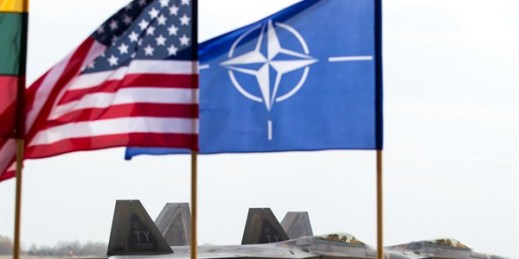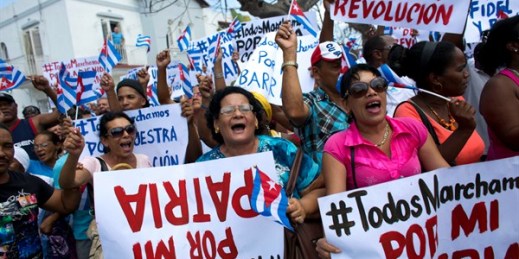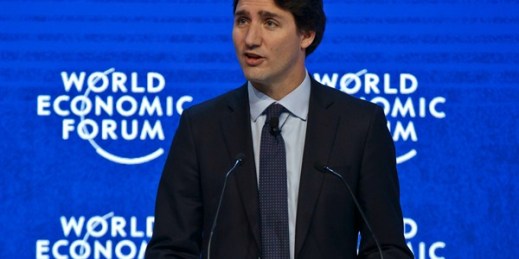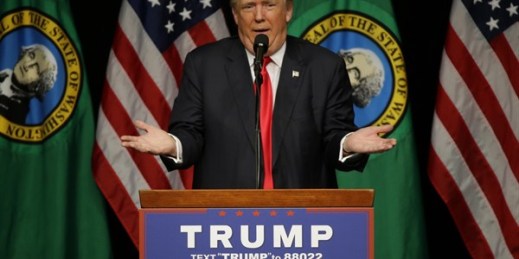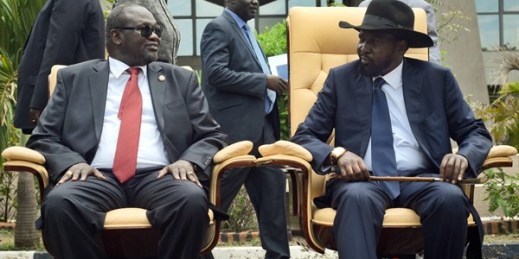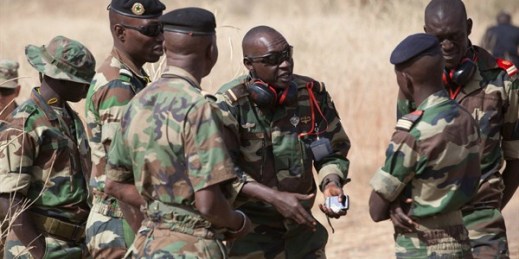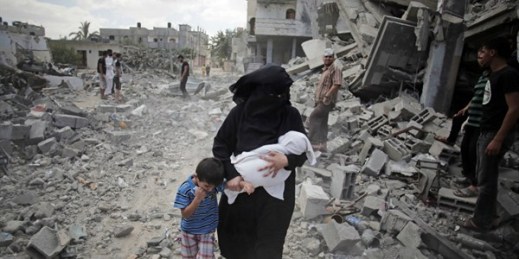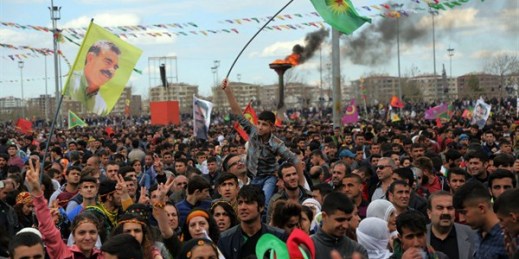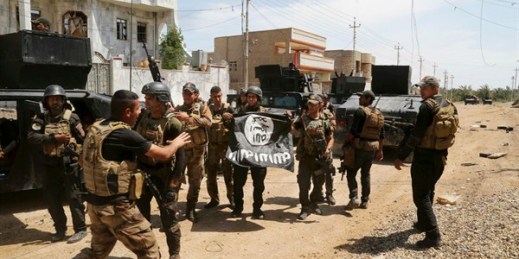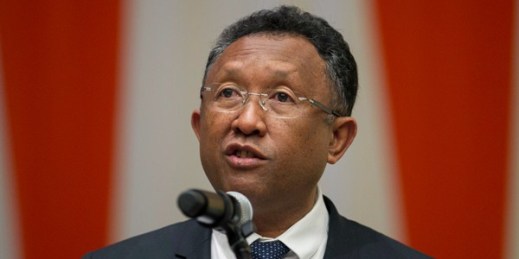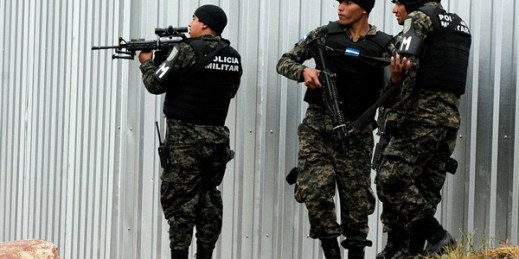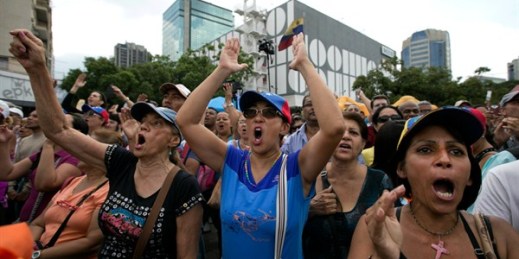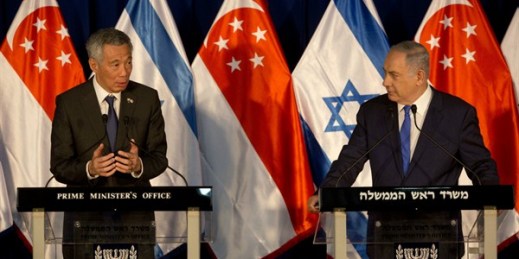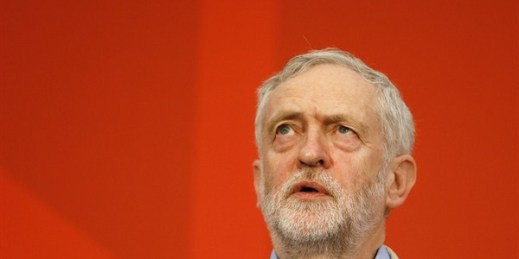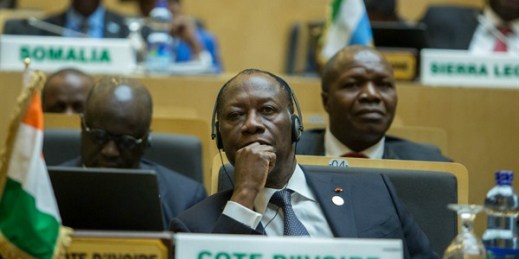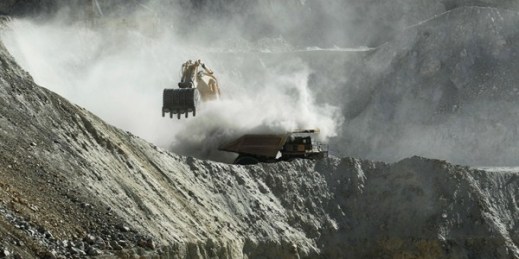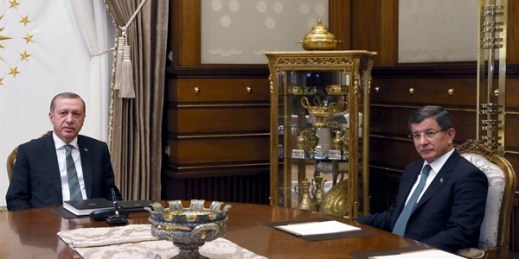
The ouster of Ahmet Davutoglu as prime minister of Turkey is an internal matter. But it will almost certainly have negative repercussions for the hard-fought and controversial deal between Turkey and the European Union, by which Brussels agreed to compensate Ankara for helping to stem the flow of refugees and migrants to Europe. It’s the latest of several cases where domestic political dramas have affected the foreign policy interests of important middle powers. Last week, a long-simmering power struggle between Davutoglu and Turkish President Recep Tayyip Erdogan came to a boil. Erdogan had recently cajoled or convinced others in his […]

